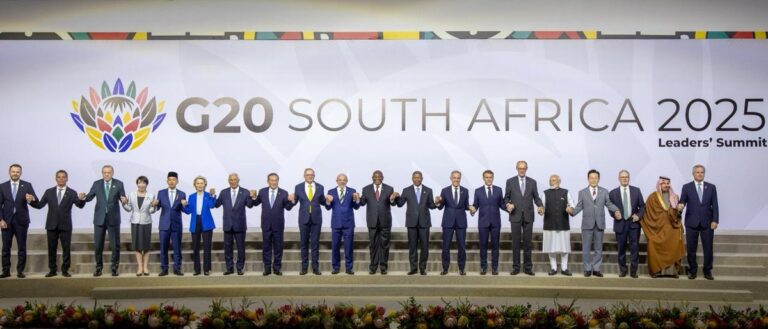
UN Security Council Supports Withdrawal of Peacekeeping Mission in Mali (Photo Source: UN)
The members of the United Nations Security Council have expressed their strong support for the complete withdrawal of the UN Multidimensional Integrated Stabilization Mission in Mali (MINUSMA) and the transfer of security responsibilities to the transitional Government of Mali.
The transitional government came into power following a coup in 2021. The Security Council members commended the peacekeeping operation and its staff for their efforts in maintaining stability in Mali.
UN Secretary-General António Guterres called for the full cooperation of the transitional government in ensuring an orderly and safe withdrawal of MINUSMA’s personnel and assets in the coming months. The Secretary-General also urged all parties involved in the 2015 Agreement on Peace and Reconciliation in Mali to continue honoring the ceasefire as the peacekeeping mission withdraws.
However, concerns have been raised regarding the reduced financial commitment required for the drawdown process. The level and duration of the financial support have been significantly reduced during budget negotiations in the General Assembly’s Fifth Committee. This reduction increases the complexities and risks involved in the withdrawal operation, according to the UN Deputy Spokesperson, Farhan Haq.
The Secretary-General plans to continue engaging with the transitional government to ensure the best interests of the people of Mali are served. Collaboration with the UN Country Team in Mali, the UN Office for West Africa and the Sahel (UNOWAS), and other partners will be prioritized.
Under the adopted resolution, MINUSMA will begin its drawdown on Saturday and is expected to completely withdraw from Mali by January 1, 2024. The mission has been present in Mali since its establishment in 2013 following a coup in the previous year. As of February 2023, MINUSMA consists of over 15,000 personnel.
Media reports have highlighted the challenging security situation in Mali and the Sahel region over the past decade. Armed groups and terrorist affiliates have carried out numerous clashes and attacks, resulting in the loss of 303 peacekeepers, as reported by MINUSMA. Additionally, climate shocks and rising intercommunal tensions over scarce resources have exacerbated violence, mass displacement, instability, and cross-border trafficking.
Council members, including Ghana’s Ambassador Harold Adlai Agyeman, emphasized that the resolution marks a significant milestone. They acknowledged the crucial role played by MINUSMA in ensuring security in Mali amid numerous challenges.
While the mission’s drawdown does not mark the end of international support for Mali, several Council members, such as Russia’s Deputy Ambassador Anna Evstigneeva and the United Kingdom’s Ambassador Barbara Woodward, expressed concerns about the fragility of the Sahel region during the withdrawal process.
The United States Ambassador Jeffrey DeLaurentis urged all efforts to address the presence of armed actors, including the Wagner Group, a Russia-based private security contractor reportedly active in Mali. Despite regretting the transitional government’s decision to abandon MINUSMA, Ambassador DeLaurentis expressed satisfaction with the adopted withdrawal plan.
Mali’s Ambassador Issa Konfourou acknowledged that MINUSMA did not achieve all of its goals but recognized its progress in areas such as human rights. The Malian Government is committed to complying with the terms of the mission’s disengagement within the established timeframe and will continue to work towards protecting civilians across its territory.
Ambassador Konfourou also highlighted the gains made by Mali, including the resumption of constitutional order and the advancement of the Algiers Process towards achieving lasting peace. He expressed regret over the Council’s perception of the current situation in Mali as a threat to international security.
As the withdrawal of MINUSMA approaches, the international community’s support to Mali will continue, and efforts will be made to address ongoing challenges in the region.





